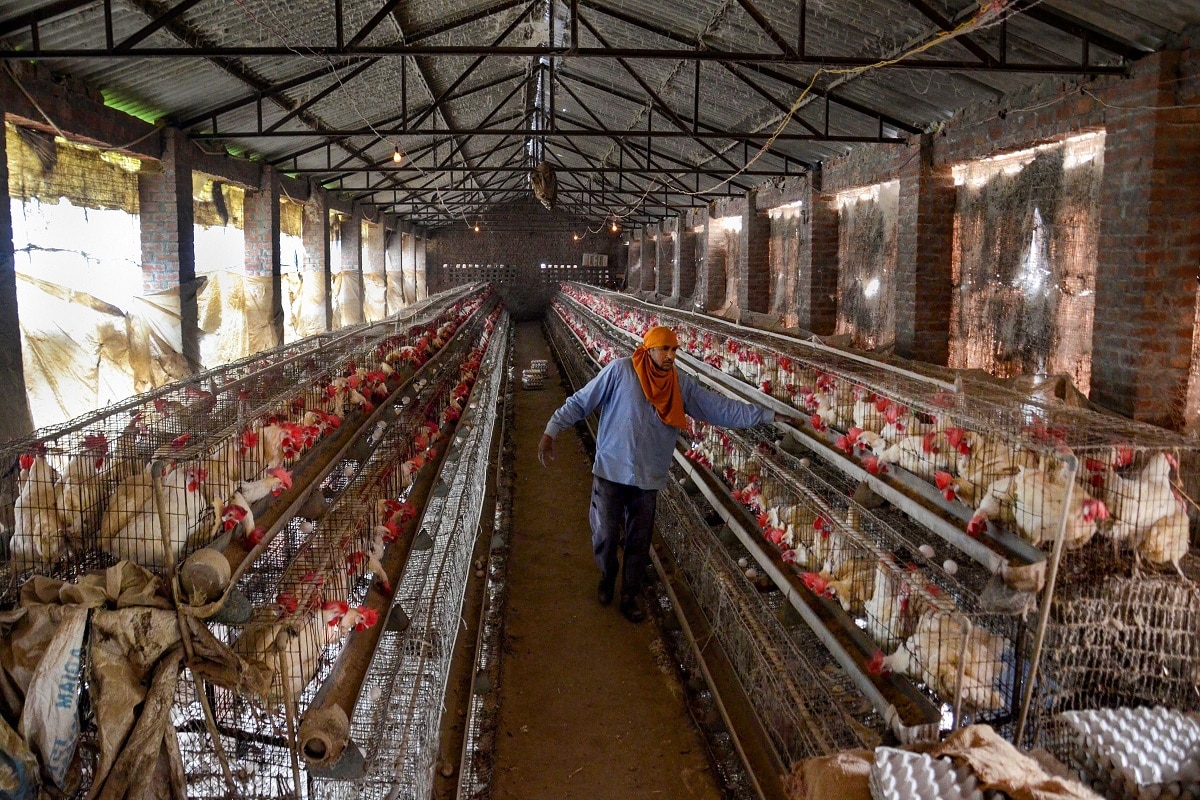As Russia Detects World’s 1st Case of H5N8 Avian Flu in Humans, All You Need to Know About the Strain

Russia on Saturday reported the first case of transmission of the H5N8 strain of avian flu to humans and had alerted the World Health Organization. According to reports, scientists at Russia’s Vektor laboratory had isolated the strain’s genetic material from seven workers at a poultry farm in southern Russia, where an outbreak was recorded among the birds in December.
However, health watchdog Rospotrebnadzor, Anna Popova, said the workers did not suffer any serious health consequences.
Information about the world’s first case of transmission of the avian flu (H5N8) to humans has already been sent to the World Health Organization.
Here is all you need to know about the H5N8 strain of avian flu:
• The H5N8 is a sub-type of the Influenza A virus that causes flu-like symptoms in birds and mammals. There was no sign yet of transmission between humans.
• According to initial reports by Russian watchdog, the H5N8 strain is not lethal for humans. The seven farm workers who were infected were doing okay.
• Before Russia reported the first case of human transmission, H5N8 was largely believed to be restricted to birds and poultry.
• Recently, samples of Crows from Maharashtra’s Beed district were found positive for the H5N8 strain in January.
• Properly cooked meat or poultry and boiled eggs are considered to be safe for human consumption by the ministry of fisheries, animal husbandry and dairying.
• Recently in the budget season of the Parliament, Minister of state for health Ashwini Choubey, told Lok Sabha that strains of H5N1, H5N8, and H5 have been detected in India so far.
• According to the WHO, people usually get infected through direct contact with animals or contaminated environments, and there is no sustained transmission among humans.
• Avian flu has raged in several European countries including France, where hundreds of thousands of birds have been culled to stop the infection.
Outbreaks of the H5N8 strain have been reported in Russia, Europe, China, the Middle East and North • • Africa in recent months but so far only in poultry. Other strains – H5N1, H7N9 and H9N2 – have been known to spread to humans.
• Bird flu outbreaks often prompt poultry plants to kill their birds to prevent the virus from spreading, and avoid importing countries having to impose trade restrictions. The vast majority of cases are spread by migrating wild birds, so producing countries tend to keep their poultry indoors or protected from contact with wildlife.
• Siberia’s Vector Institute said on Saturday it would start developing human tests and a vaccine against H5N8, RIA news agency reported.

“평생 사상가. 웹 광신자. 좀비 중독자. 커뮤니케이터. 창조자. 프리랜서 여행 애호가.”
